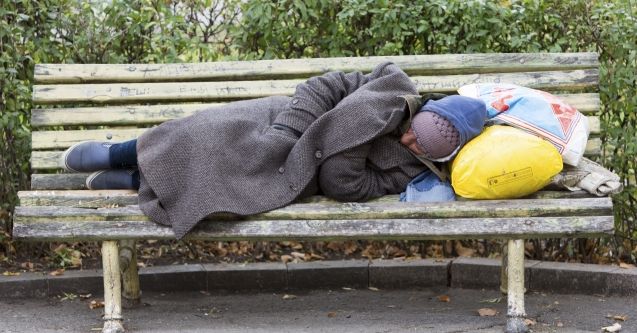Homeless rate on the rise in Port Macquarie
1 September 2015

Known for its beautiful beaches and hinterland, rural villages and charming seaside towns, Port Macquarie and the wider Hastings region of NSW's mid-coast attracts armies of tourists every year.
However, like many coastal areas, it also attracts those who are willing to live rough. Many sleep in their car, having travelled up to escape the colder southern climates. Others arrive in the region hoping to make a new start away from exorbitant capital-city house prices. Caravan parks and hotels are being booked out long-term and rents have risen sharply, pushing up the number of homeless people in the area.
Port Macquarie Corps Officer Major Brett Gallagher says many people are struggling financially, with The Salvation Army receiving an increasing number of requests for help from people who have never sought assistance before. He says: “Housing is a huge issue here in Port Macquarie. We don’t have Sydney prices, but we are getting close, and people in rural communities just don’t have that kind of money.”
As well as what seems to be a rise in those who are “couch surfing”, Major Gallagher also says a number of people are camping in local bush and parkland. “We have a park in town that backs on to the historic cemetery. There would be probably 10 or so who camp around there. There are also others in the bush. The council ranger has come across those camping out in the middle of the state forest, or living in their cars,” he says.
“We (The Salvation Army) have bought some street swags for homeless people living rough while we are working with them to try and get them some accommodation. And we’ve done all sorts of little things like stocking food for meals."
Through the Salvos Connect Welfare Centre and the corps, Major Gallagher says local Salvos continue to help people find financial stability and stable accommodation. “Where there are, say families, where someone has lost a job and they are threatened with homelessness, we do all we can. We hit the phones – call shelters, all our contacts. We do also have good relationships with some of the real estates in town,” he says.
“When you lose a home, whether through unemployment, or the landlord selling, it is one of those things that hits people really hard, because they no longer have a place to call home. That can lead to serious depression,” Major Gallagher says. “Not having a home is one of those things that really strikes at the heart of who people are; at their security. A home is a deeply important part of life for most people.
“If they are willing, we say ‘we are happy to walk with you as long as it takes to see things turn around’ helping secure accommodation, helping with counselling, ensuring they see the right health professionals. It is a great outcome when you see an individual or family find stability.”
Comments
No comments yet - be the first.